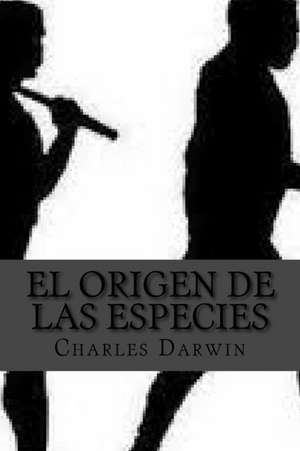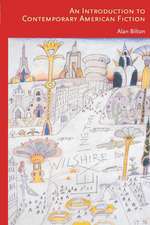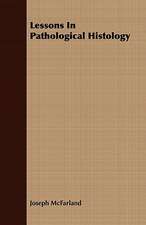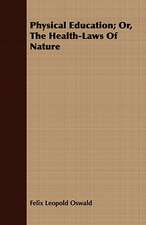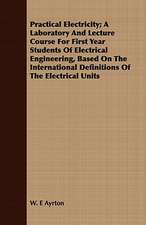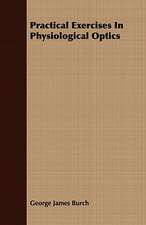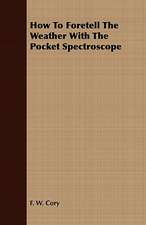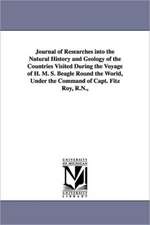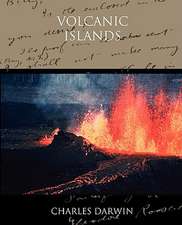El Origen de Las Especies
Autor Charles Darwines Limba Spaniolă Paperback
| Toate formatele și edițiile | Preț | Express |
|---|---|---|
| Paperback (10) | 49.15 lei 3-5 săpt. | |
| CREATESPACE – | 49.15 lei 3-5 săpt. | |
| CREATESPACE – | 52.93 lei 3-5 săpt. | |
| iUniverse – | 83.09 lei 3-5 săpt. | |
| – | 96.61 lei 3-5 săpt. | |
| CREATESPACE – | 113.28 lei 3-5 săpt. | |
| – | 99.09 lei 6-8 săpt. | |
| CreateSpace Independent Publishing Platform – | 140.32 lei 6-8 săpt. | |
| CreateSpace Independent Publishing Platform – | 140.32 lei 6-8 săpt. | |
| – | 147.83 lei 6-8 săpt. | |
| CreateSpace Independent Publishing Platform – | 175.89 lei 6-8 săpt. |
Preț: 96.61 lei
Nou
Puncte Express: 145
Preț estimativ în valută:
18.49€ • 19.28$ • 15.37£
18.49€ • 19.28$ • 15.37£
Carte disponibilă
Livrare economică 28 februarie-14 martie
Preluare comenzi: 021 569.72.76
Specificații
ISBN-13: 9781540820747
ISBN-10: 1540820742
Pagini: 322
Dimensiuni: 152 x 229 x 17 mm
Greutate: 0.43 kg
ISBN-10: 1540820742
Pagini: 322
Dimensiuni: 152 x 229 x 17 mm
Greutate: 0.43 kg
Notă biografică
Charles Robert Darwin, (12 February 1809 - 19 April 1882) was an English naturalist, geologist and biologist, best known for his contributions to the science of evolution. His proposition that all species of life have descended over time from common ancestors is now widely accepted, and considered a foundational concept in science. In a joint publication with Alfred Russel Wallace, he introduced his scientific theory that this branching pattern of evolution resulted from a process that he called natural selection, in which the struggle for existence has a similar effect to the artificial selection involved in selective breeding.
Darwin's early interest in nature led him to neglect his medical education at the University of Edinburgh; instead, he helped to investigate marine invertebrates. Studies at the University of Cambridge (Christ's College) encouraged his passion for natural science. His five-year voyage on HMS Beagle established him as an eminent geologist whose observations and theories supported Charles Lyell's conception of gradual geological change, and publication of his journal of the voyage made him famous as a popular author.
Puzzled by the geographical distribution of wildlife and fossils he collected on the voyage, Darwin began detailed investigations, and in 1838 conceived his theory of natural selection. Although he discussed his ideas with several naturalists, he needed time for extensive research and his geological work had priority. He was writing up his theory in 1858 when Alfred Russel Wallace sent him an essay that described the same idea, prompting immediate joint publication of both of their theories. Darwin's work established evolutionary descent with modification as the dominant scientific explanation of diversification in nature. Darwin has been described as one of the most influential figures in human history, and he was honoured by burial in Westminster Abbey.
